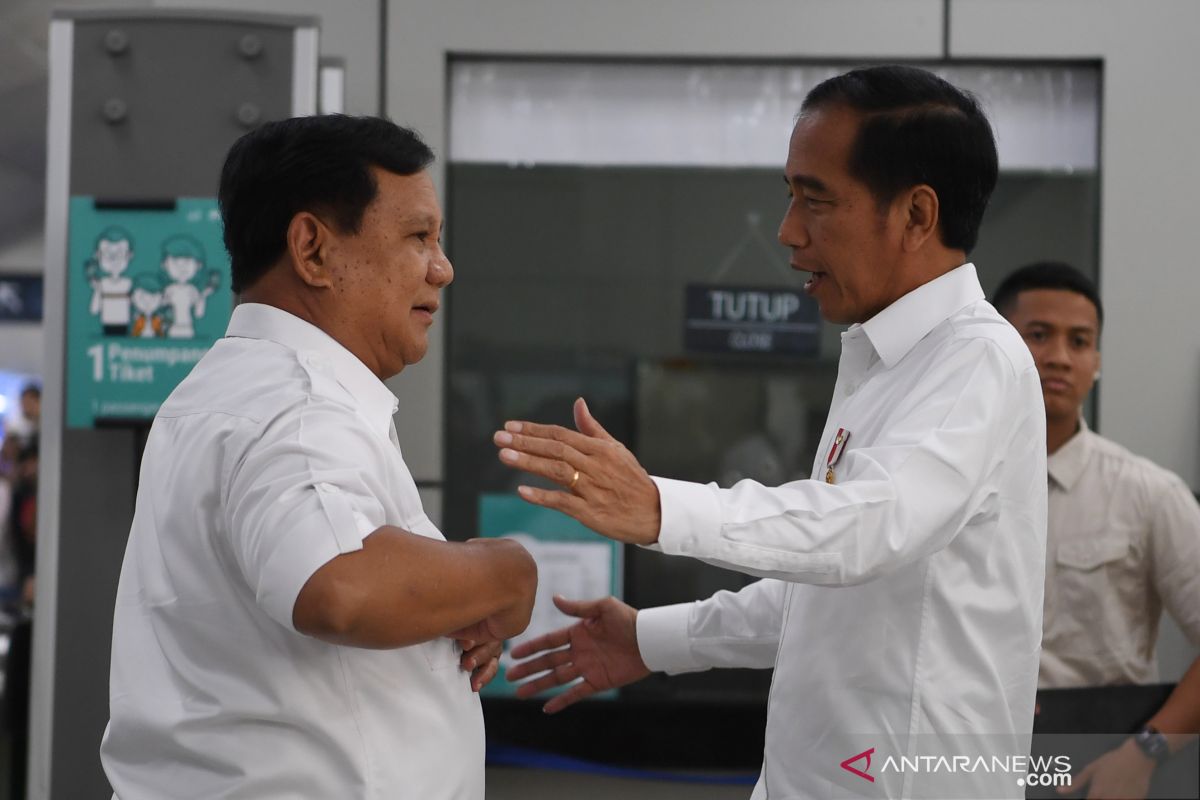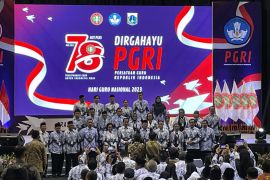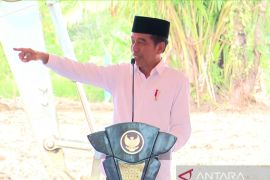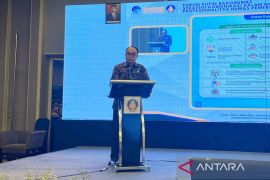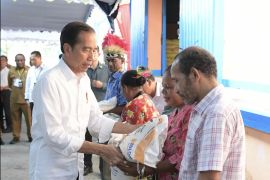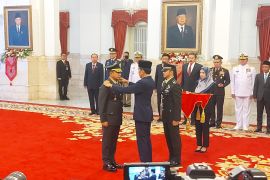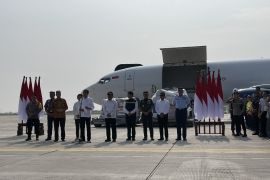US journalists Nancy Gibbs and Michael Duffy asked this very question in their book The Presidents Club: Inside the World’s Most Exclusive Fraternity, which was published in 2012.
In the wake of the Allied Forces’ victory in World War II, the US was urged to help European nations affected by humanity's most devastating war break free from widespread famine.
At that time, Vice President Harry S. Truman assumed the presidential role following the death of President Franklin D. Roosevelt. The new president felt that he was not capable of bearing the moral burdens of his country in the aftermath of the war.
Acknowledging his incapability, Truman turned to Herbert C. Hoover, a former US head of state who was believed to be responsible for the country’s economic downfall during the era of global economic disaster known as the Great Depression (1929–1939).
The bond forged by the two leaders was regarded as a political anomaly, given the fact that Truman was a Democrat and Hoover was a Republican.
Their bond surprisingly led to synergy between their political parties, which, in turn, gave the United States enough power to restore Europe and challenge the influence of the Soviet Union in the continent.
In their book, Gibbs and Duffy conclude that Truman and Hoover, who were supposed to hold two contrasting political ideologies, were the founders of the modern Presidents Club. Their bonds have been sustained by their successors up until today.
This approach of seeking advise from past leaders has been adopted on several occasions, including when President Barack Obama met and gave a joint press conference with Bill Clinton and George Bush to provide details on the US’s plan to deliver aid to people hit by a huge earthquake in Haiti in 2010.
Another occasion was when President Joe Biden consulted Bush and Obama to gain insights on the withdrawal of US troops from Afghanistan, as reported by CNN in 2021.
It is safe to say that the Presidents Club has sent the world a message — the answers and solutions to challenges faced by a nation can be determined with the help of its past leaders.
The third Pancasila principle
The dynamics of relations between the national leaders of Indonesia are worthy of study. The Indonesian nation must pay closer attention to widening distance between presidents following a power transition.
One of the most noticeable chasms was the one that emerged when President Soeharto succeeded the nation’s first president, Soekarno.
Pushing aside all the untold and controversial stories behind their power transition, the nation can see that the two leaders clearly took diverging paths.
It is worth noting that the Soekarno-Soeharto presidential transition took place in an era when the US was pursuing political reconciliation between Democrats and Republicans.
Indonesia eventually followed in the footsteps of Uncle Sam. It was only natural for all elements of the Indonesian nation to walk the same path for the sake of “Unity of Indonesia,” the third principle of the national ideology Pancasila (the Five Principles).
As Indonesia approaches 80 years of independence, the culture of political reconciliation has become known in the country’s political arena.
Some people may have frowned upon seeing President Joko Widodo hold the hands of his then-competitor Prabowo Subianto following the 2019 Presidential Election, which had left the nation polarized
However, the public eventually came to consider the relations between the two political figures as normal after watching them demonstrate their unity time after time. Some people even believed that the two figures would eventually become political allies despite their past rivalry.
With his landslide victory in this year’s presidential election, Prabowo will finally get a chance to lead the country of 280 million people. As president-elect, Prabowo is planning to not only reconcile with his political rivals, but also bring former Indonesian presidents together in an advisory role.
The current Indonesian defense minister, through his spokesperson, said that he will pursue the establishment of a Presidents Club with two goals: discussing national strategic issues and forging concord among presidents.
Addressing challenges
Some may argue against the term “former presidents” since they believe that past leaders will continue to hold their presidential character and title long after assuming office. Deputy head of Commission III of the House of Representatives (DPR), Habiburokhman, agrees with that view.
Assuming that Indonesia adopts that view, the country currently has three living former presidents — fifth president Megawati Soekarnoputri, sixth president Susilo Bambang Yudhoyono (SBY), and President Joko Widodo.
According to political observer Igor Dirgantara, it would be best for Prabowo to collaborate with his predecessors to actualize his political vision and missions that are expected to lead the country to achieve the Golden Indonesia 2045 vision.
He said that the nation must not overlook the track records of its past presidents. Megawati dared to cut cooperation with the International Monetary Fund (IMF) to deal with dire economic problems following the 1998 monetary crisis. As a result, Indonesia managed to strengthen the position of its rupiah against the US dollar.
SBY had to work with all his might to help Indonesia survive and recover from the terrible tsunami that swept Aceh two decades ago. The disaster struck the country before SBY reached a 100-day milestone in the office. Moreover, the reliability of information technology at that time can in no way be compared to the present.
Meanwhile, President Widodo had to deal with one of the most severe health crises in modern history, the COVID-19 pandemic, during his second presidential tenure.
Dirgantara said that Prabowo’s discourse on the Presidents Club can be seen as a breakthrough, reflecting his ambition to learn from the valuable experiences of his predecessors.
It is vital that Prabowo attempt to fully comprehend his predecessors’ different views on different problems, as the nation needs to pay more attention to its past leaders’ insights to face increasingly complex global challenges.
Related news: Prabowo discusses defense cooperation with UAE President
Related news: Smooth transition from Jokowi to Prabowo: expert
Editor: Rahmad Nasution
Copyright © ANTARA 2024
